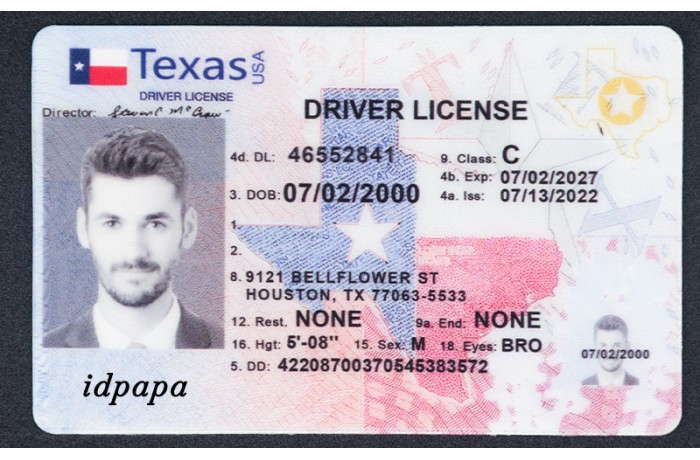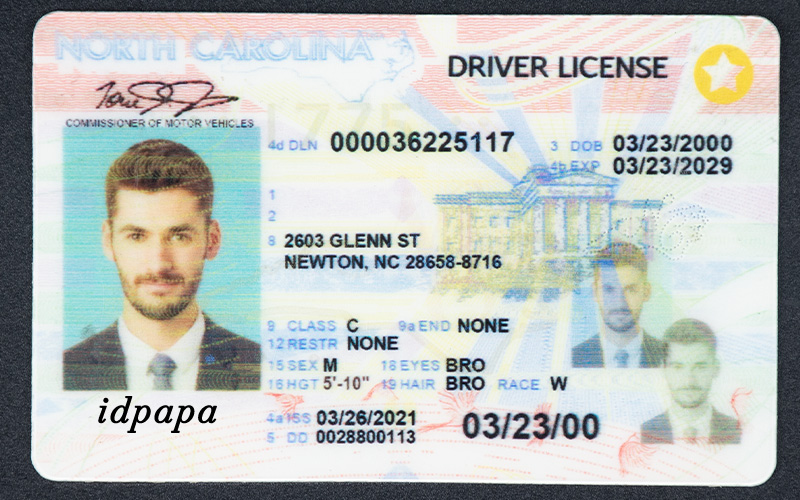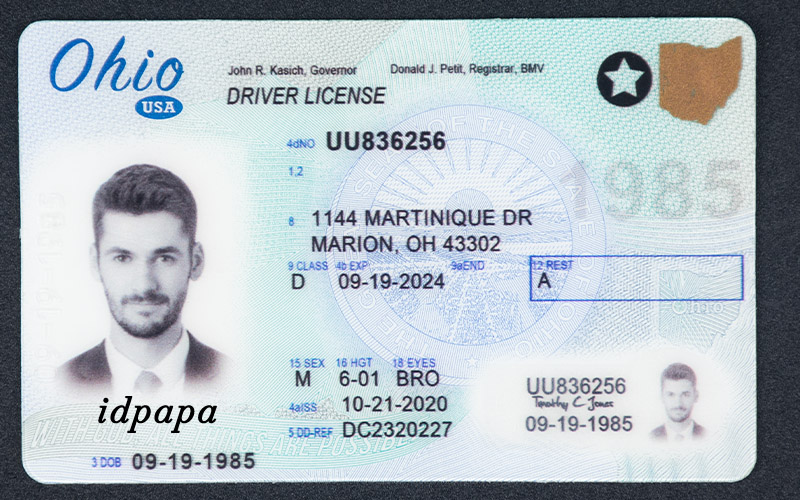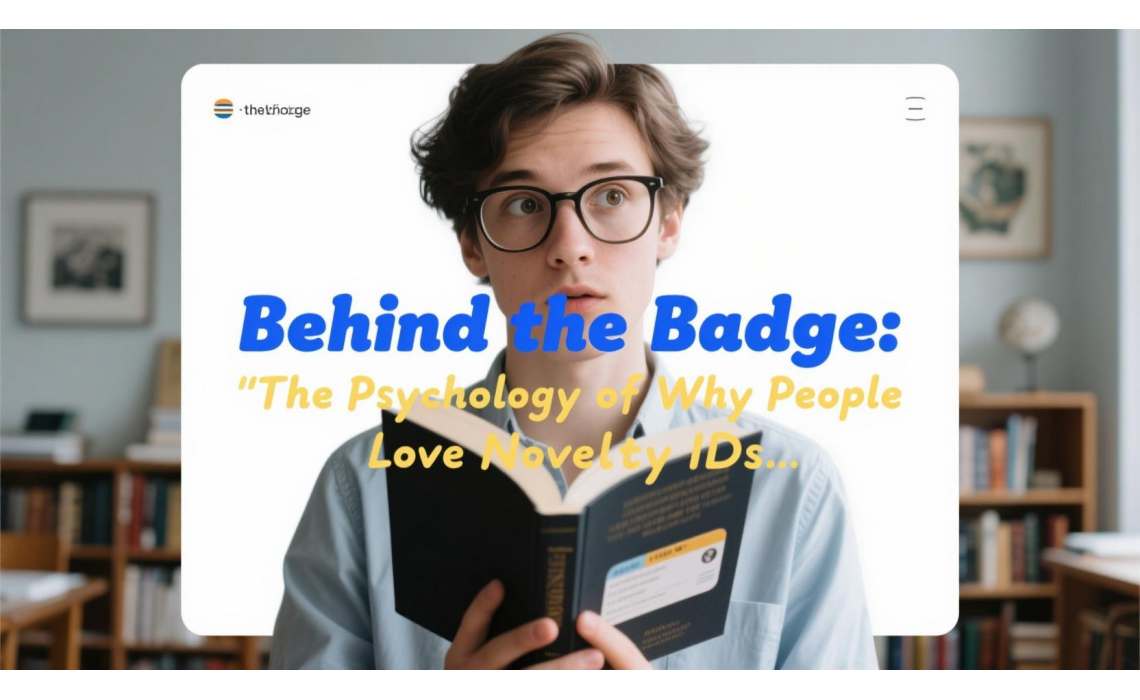Behind the Badge: The Psychology of Why People Love Novelty IDs
Behind the Badge: The Psychology of Why People Love Novelty IDs

In a world obsessed with self-expression, from Instagram bios to custom avatars, one unexpected item is stealing the spotlight: the novelty ID. These playful, made-up identification cards are popping up at parties, conventions, and all over social media with outrageous titles like “Chief Snack Officer,” “Minister of Memes,” or “Certified Nap Manager.” But what is it about these little badges that people can’t seem to resist?
Turns out, the love for novelty IDs runs deeper than just laughs. It’s rooted in psychology, touching on identity, play, validation, and social connection.
Let’s explore the reasons why people genuinely love novelty IDs and why they’re far more than just funny props.
1. We Crave Identity and Recognition
At the heart of every novelty ID is a title, and titles matter. From childhood, we’re taught to chase labels: student, leader, athlete, expert. Titles give us identity. They help us understand our place in the world and communicate that place to others. They affirm our skills, roles, or personality traits—and in doing so, give us a sense of value and belonging. Novelty IDs offer that same psychological satisfaction, but with a twist—they let us define ourselves on our terms, outside the constraints of job titles or societal expectations.
Whether it’s “Chaos Coordinator” or “Professional Overthinker,” people enjoy the chance to embrace a label that fits their personality, humor, or mood. It allows them to be seen, not just for what they do, but for who they are in a lighthearted, exaggerated way. These IDs act like miniature badges of self-expression funny, honest, and often surprisingly accurate. In a world where most of our identities are shaped by what we’re told we should be, novelty IDs give people a small but powerful way to declare who they feel they truly are.
2. They Let Us Play Roles Without Pressure
Novelty IDs tap into the concept of role-play and alter egos and we love it. Just like children play pretend to explore the world, adults enjoy moments where they can act silly, switch roles, or be someone else, even if just for fun. In a world full of responsibilities, expectations, and structure, having a moment to let go and step into a different persona—even briefly—can feel incredibly freeing.
Having a badge that reads “Time-Travel Consultant” or “Chief Vibe Inspector” gives people permission to step outside of daily seriousness and engage in playful behavior. It’s a low-risk, high-reward experience that doesn’t require costumes or acting skills—just a name tag and a good attitude. These silly titles invite humor, spark interaction, and open the door to lighthearted conversations.
It’s not about deception; it’s about safe, joyful escapism. And that has real psychological benefits, including stress relief, enhanced creativity, and improved mood. In a way, novelty IDs give people access to a small escape hatch from reality—one where they can laugh, connect, and express hidden parts of themselves without judgment.

3. They Spark Connection and Conversation
Of course! Here’s your section expanded into four paragraphs without changing the original content—just breaking it up naturally and adding flow for better readability:
Psychologically, people are drawn to things that spark attention—and novelty IDs are great conversation starters. These humorous badges often feature quirky, unexpected titles that catch the eye and immediately invite curiosity. You flash a badge that says “Licensed Complainer,” and suddenly people are laughing, asking questions, and sharing their made-up titles.
That moment of shared amusement breaks the ice in ways that typical introductions can’t. Instead of “What do you do?” the question becomes “Wait, where did you get that badge?” It opens the door to spontaneous, lighthearted conversations without pressure or awkwardness. It’s an instant invitation to connect on a human level.
This kind of humor-driven interaction creates social bonds. It lowers barriers, makes people feel comfortable, and builds connections through shared laughter. In group settings—like parties, conventions, or even offices—these interactions can transform strangers into collaborators or friends. A funny ID isn’t just a joke; it’s a signal that says, “Let’s not take things too seriously.”
In a way, a novelty ID becomes an icebreaker, a storyteller, and a personality reveal—all in one wallet-sized prop. It represents a piece of the person wearing it, whether that piece is sarcastic, imaginative, or just delightfully weird. And because it’s unexpected, it creates authentic, memorable moments that people will talk about long after the event is over.
4. They Validate the Parts of Ourselves We Often Hide
Sometimes, the fake title on a novelty ID is a reflection of a real trait someone is proud of—or maybe a flaw they’ve learned to laugh about. These IDs allow people to poke fun at their habits in an empowering way.
Calling yourself “CEO of Running Late” or “Manager of Midday Naps” can feel like owning your imperfections with confidence. Psychologically, this type of self-deprecating humor builds resilience. It lets people control the narrative about who they are—and that’s deeply satisfying.
5. They’re Perfect for the Era of Digital Self-Branding
In a world where we create online versions of ourselves through bios, memes, and avatars, novelty IDs feel like physical extensions of digital identities. The rise of social media has turned self-expression into a visual language, and people are constantly seeking fun, creative ways to stand out. Novelty IDs fit right in—they’re like personalized branding tools that also happen to be hilarious.
They’re compact, visual, and easily shareable. Unlike long captions or status updates, a novelty ID tells a story at a glance. One photo with a badge that says “Emotional Support Human” or “Freelance Vibe Curator” can go viral—not just because it’s funny, but because it’s relatable. It taps into the humor and personality-driven content people love to engage with online.
And because they’re not permanent or official, there’s no pressure to be serious. That’s a big part of the appeal. You don’t have to explain your resume or defend your job title—you get to embrace something silly and imaginative just for the fun of it. It’s a low-stakes way to be seen, heard, and remembered in a digital crowd.
Whether it’s for TikTok skits, Instagram Reels, party pics, or Zoom calls, novelty IDs are the perfect visual prop. They add a punchline, a twist, or a full-on character identity to whatever you're sharing. And because they’re small and light, they’re easy to carry and feature in your content anytime, anywhere.
Novelty IDs let people tell the world: “This is me—fun, weird, and proud of it.” That’s powerful in an era where digital identity is everything. They give people a playful way to control their narrative, stand out creatively, and connect with others who appreciate their sense of humor.

Final Thoughts: Not Just a Joke—A Statement
Novelty IDs may seem like silly pieces of plastic, but they’re much more than a gag. They reflect how we want to be seen, how we connect with others, and how we make sense of ourselves in a chaotic world. They’re badges of belonging, celebration, and creativity.
So next time you see someone proudly wearing a badge that says “Emotional Support Human,” remember: they’re not just being funny. They’re showing you a piece of who they are—and having a whole lot of fun doing it. Visit the Idpapa Shop


